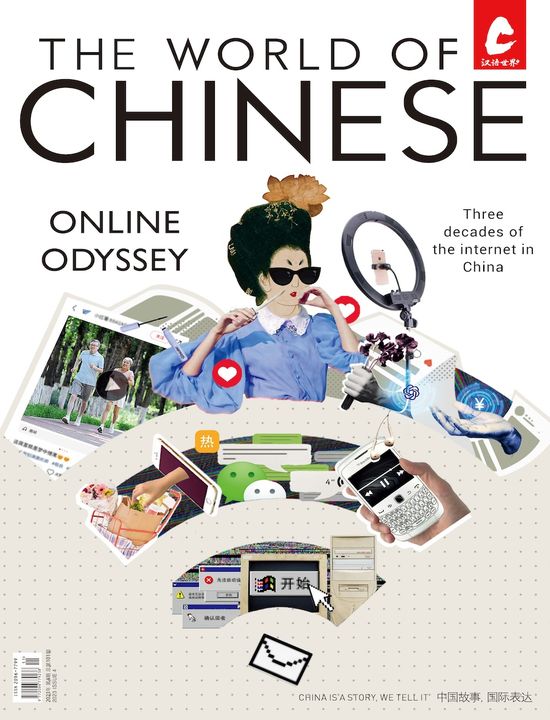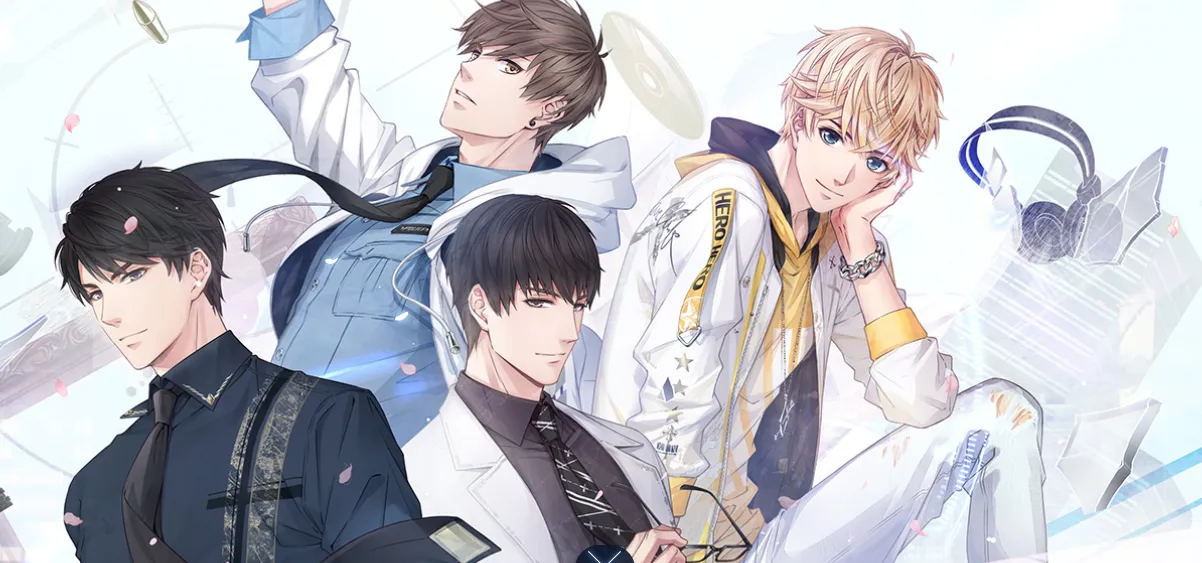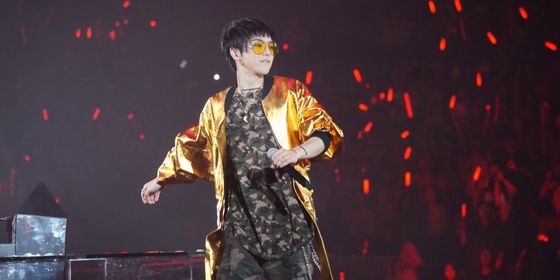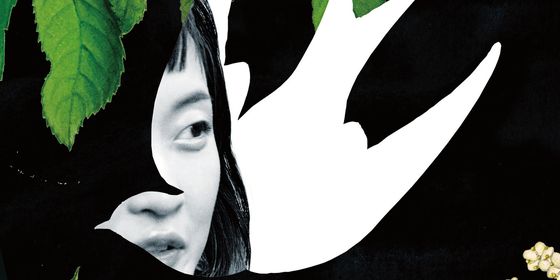Virtual romance RPG changes gender roles in gaming market
On January 13, a message suddenly blared out from the LED screen of Shenzhen’s Kingkey 100 Financial Center, wishing one “Li Zeyan” a happy birthday. As the façade of Shenzhen’s second-highest building is frequently rented out at 50,000 RMB (7,814 USD) a minute for such extravagant declarations, this event would normally have passed without comment—were it not for the identity of Li Zeyan.
Curious Weibo users, expecting another overproduced pop starlet, discovered Li is a character from mobile role-playing game Love and Producer by PapeGames. The RPG is targeted at young female players, who have embraced the game’s virtual experience of a perfect relationship in droves (the hashtag “#LoveandProducer” now has about 4.2 billion views on Weibo).
Players take on the role of an unnamed female protagonist, a television producer who must produce a hit show in order to save her late father’s media company from ruin. Along the way, she is wooed by four suitors, including Li Zeyan, an alpha male whose catchphrase is “Don’t make a fuss.” The other three are manly SWAT officer Bai Qi, cute superstar Zhou Qiluo, and gentle genius Xu Mo. The quartet are all good looking, infatuated with the anonymous player, and even have superpowers—Li, for instance, can control time. During the game, players can call, text, and even go on dates with their virtual hotties, and leave messages on in-game social networking accounts.
As of January 7, Love and Producer has overtaken Honor of Kings on the Chinese Apple store’s free download charts, gaining more than seven million players, according to data analyzing platform Jiguang. Its role in breaking a traditional male stranglehold on gaming culture has also been hotly discussed. “There has hardly ever been a female-centered game of such high quality in the Chinese mobile game market before,” Luo Ruixue, of rights group Women Awakening Network, told the Global Times, adding that the game offered players a fun and “imaginary space to escape from real life [which] satisfies them a lot mentally.”
“The four men make up for all the shortcomings of boyfriends in real life,” one university student tells TWOC. Some players have taken to naming themselves after their favorite heartthrob—“Mrs. Li,” “Mrs. Zhou”—and those who want to continue blurring the line between the virtual and real can pay to unlock further scenarios within the game, jokingly referred to as “bankrupting oneself to support these four wild men.”
Not everyone likes the game or its imaginary heroes, though. One player told TWOC that she found the virtual men to be “arrogant, bossy, dominating,” with “no respect for women.” But a blogger, “Mrs. Li,” believes that the mockery that female players experience is sexist. “Fans spend money on their idols,” she wrote. “Men can spend money when they watch Kuaishou live-streaming, so why can’t women spend money on virtual boyfriends?”
Virtually in Love is a story from our issue, “The Noughty Nineties.” To read the entire issue, become a subscriber and receive the full magazine. Alternatively, you can purchase the digital version from the App Store.















